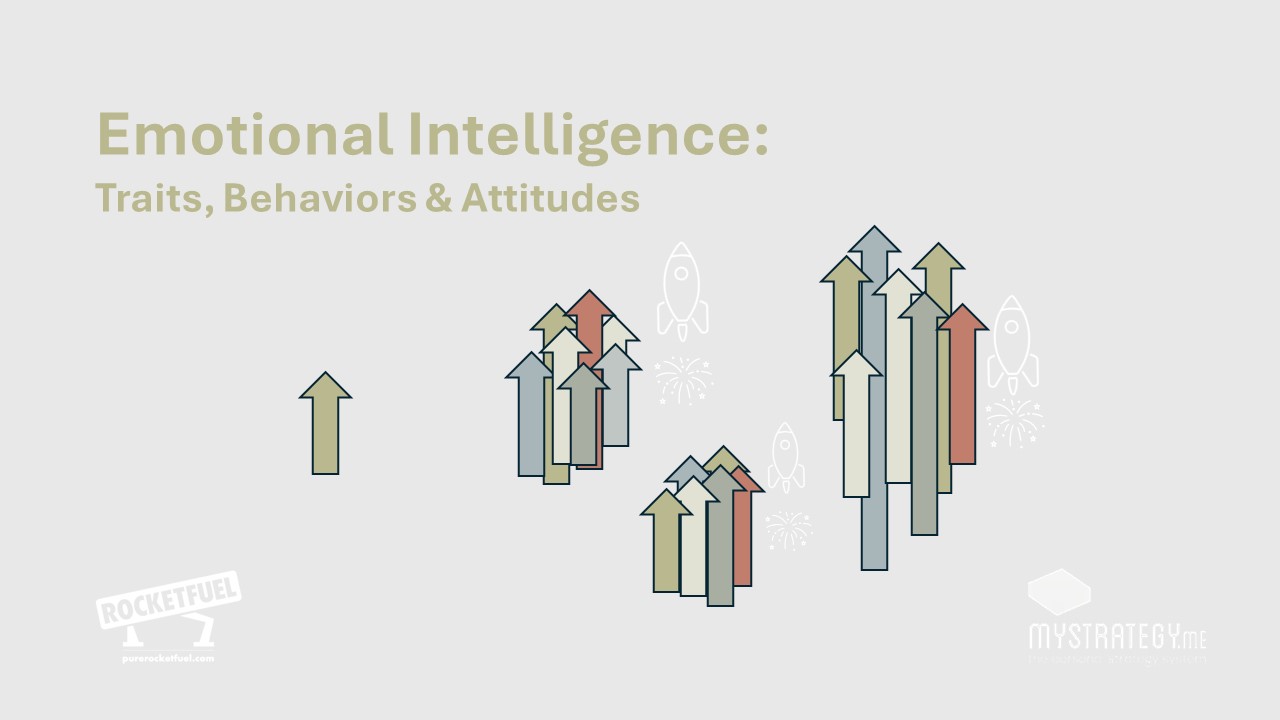
Why do we continue to place our own motivation in other peoples’ hands, wonders Leadership & Performance Coach, Davina Greene.
Being motivated means wanting to do things. Not just having the idea, but actively following through.
To shine as Talent in any organization, or situation, it cannot be that everyone has to dangle a succession of carrots before you to incite action. So, if you’re feeling a bit lethargic and indifferent, what to do?
Where Do I Find Motivation?
For inspiration, many people look to motivational speakers. This doesn’t particularly work for me, however. I tend to refer to it as “pep-talking”, in light of the fact that such speakers do, undoubtedly, conjure a spirit of progress and achievement during the event. However, few people (myself included) can tell me, after the latest high-cost motivational event, what they actually went on to achieve afterwards.
Yes, a person can be educational, inspiring, positivity-inducing, or spirit-lifting (and a great stage performer). But can another person cause you to walk away with long-lasting motivation? I have my doubts. It is very, very important never to confuse excited listening and agreement with personal action and progress. Affirmations are more about building the person than doing the tasks. Visualization creates sharpened big-picture focus, but the ‘big picture’ is simply Square One.
Achieving, being different, making changes… none of these involve the same comforts as ‘staying the same’. Intellectually, we know this; in practice, we still down tools when problems arise. A lot of work, and grit, is required to achieve significant change. You should feel like you’re trying.
If that little bit of pain and discomfort makes you stop then what, really, was your motivation? Why did you bother starting on the goal at all? Interesting goals will likely have swings, roundabouts, U-turns, cul-de-sacs….and people who infuriate and block you, at times. If you have a Disney-like view of the process of change, then clearly you will be more likely to quickly give up – out of shock, frustration, or a variety of other emotions – when hurdles appear.
Motivating ‘Engaged’ Adults: Why Is It Necessary?
In the workplace, I’m quite tough when it comes to motivation. When I hear “My boss just doesn’t motivate me”, my next questions are always “Does she actively cause you problems?” and “Does she try to remove any obstacles that might prevent you doing your job well?”. If the answers are No and Yes, respectively, then my next suggestion tends to be a polite version of “Grow up!”.
If you were truly enamored of your job and industry, you wouldn’t need to be “entertained” by someone in order to do your best work. If you’re not that bothered about your job and/or industry, there are 9 or 10 other areas of life where you might find the thing that excites you. Maybe it’s not necessary to imply that your workplace is doing something wrong.
In neither of the above cases do I expect the person at the other end of the conversation to be a person currently viewed as a leader.
If you must do something, but really don’t care about it, get someone to hold you accountable: meet regularly to ensure progress. In work, that’s part of the logic behind Performance Management. In life, phone a friend (or a coach).
Achievement is a machine, with lots of moving parts. Its starting point is in motivation, which relies on you knowing what you want. A need for Money or Prestige can motivate people. A need for Power, or for Security, can motivate people; likewise a feeling of Community or a need for Engagement. The presence of a particular person in your environment can motivate you, if you see them as the gateway to one of the above goals.
Naming a goal isn’t the end of your work. The steps within the goal are the most interesting part, in terms of your ongoing progress, sense of satisfaction and, therefore, ongoing sense of motivation. They are the building blocks, without which nothing happens – and the things you get to tick off along the way, to feel good.
Finally, the part everyone forgets: link each achievement to some kind of treat or reward – yes, the achievement is a reward in itself, but may be a little too abstract. Show yourself some gratitude, grab that nice bottle of wine or head to the spa!
Key Considerations For Motivation
- Your motivation is your responsibility. It’s about inspiration from within.
- Anything tied to your Mission, Vision and Values should naturally keep you motivated.
- Have perspective: don’t exhaust yourself with simultaneous goals. And break down big goals.
- Be resilient: whether or not you keep pushing forward will suggest how important the goal truly is.
- Be kind: make sure there’s a reward or treat attached to achievements!
- Use an ‘accountability partner’ where you’re stuck, or disinterested.
In the end, your motivation is your responsibility. It’s not always meant to be easy, but real motivation trumps problems every time.
Interested in investing in your own personal – and personal strategy – development? Check out www.MyStrategy.me!
Share This!
About the Author



